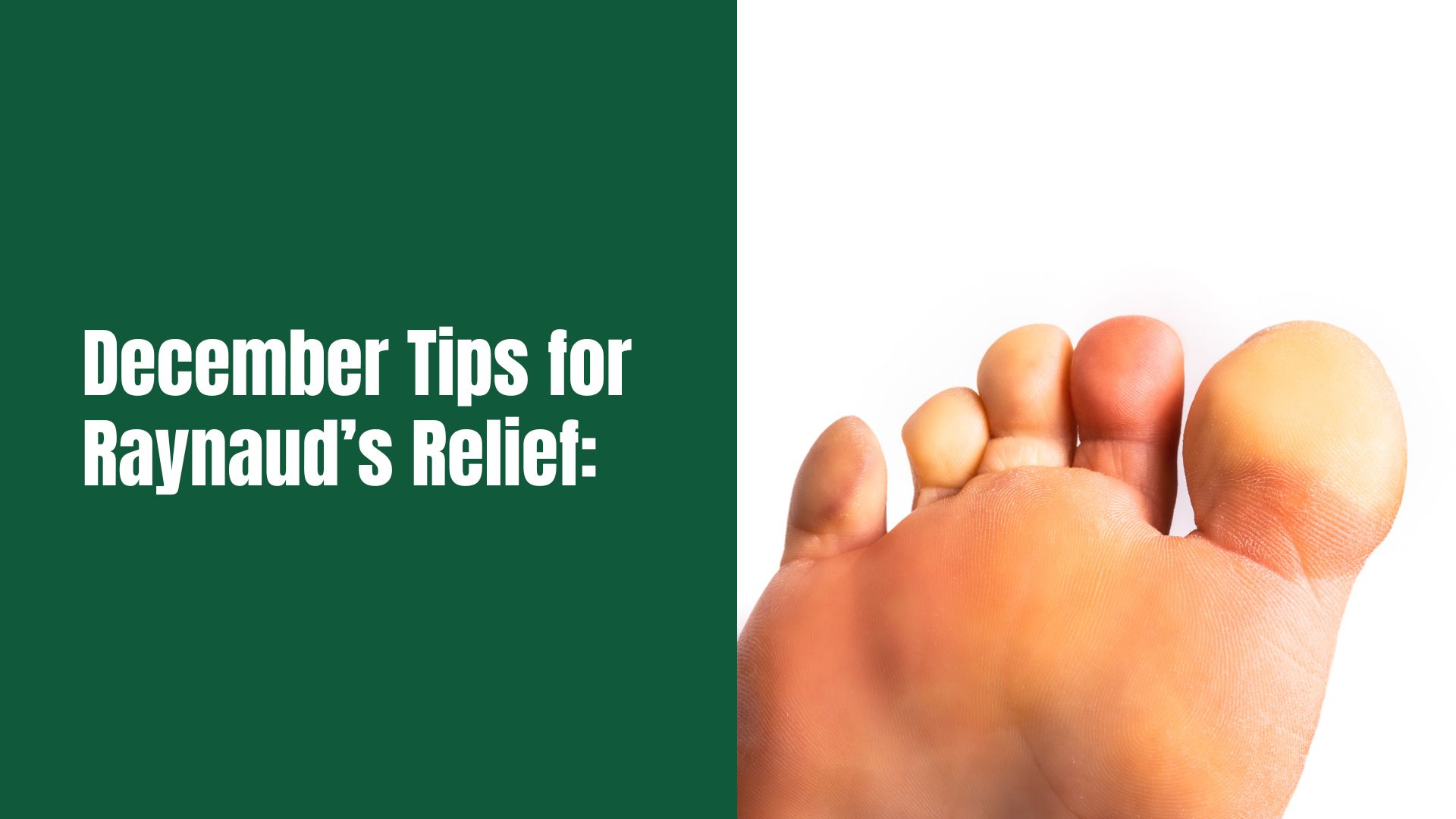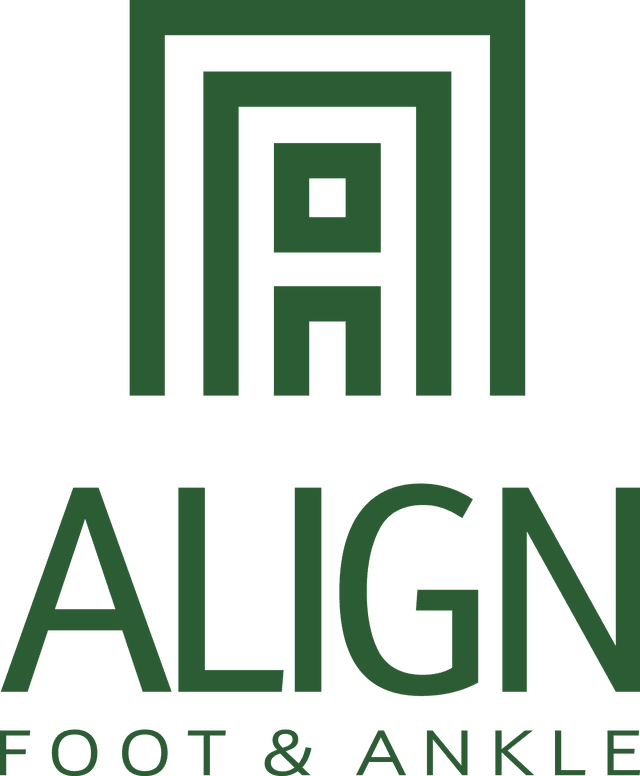December Tips of Raynaud’s Relief
Cold feet are a common complaint during winter, but for those dealing with Raynaud’s disease, the struggle extends beyond the chilly months. Whether your feet suddenly turn icy in response to stress, cold exposure, or increased physical activity, the possibility of Raynaud’s disease should be on your radar.
What is Raynaud’s?:
Raynaud’s disease, also known as Raynaud’s phenomenon, brings a unique set of challenges to those affected. Named after the French doctor Maurice Raynaud, who identified it in 1862, the disorder causes blood vessels to constrict, disrupting blood flow to extremities. This can lead to cold, numb, or painful feet, often accompanied by a change in color.
Do You Have Raynaud’s Disease? Signs and Symptoms:
If your fingers and toes frequently experience cold and numb sensations, Raynaud’s disease might be the culprit. Unlike common cold-induced discomfort, Raynaud’s can strike at any time of the year. The condition affects over 3 to 5 percent of the population, with symptoms ranging from mild to severe. The Raynaud’s phenomenon is more common in women than men.
The Two Faces of Raynaud’s: Primary vs. Secondary:
Raynaud’s disease, characterized by blood vessel constriction leading to cold, numb, or painful extremities, presents in two forms: primary and secondary.
Primary Raynaud’s:
- Mild symptoms: Numbness and cool sensations in the fingers, toes, ears, and the tip of the nose. This often coincides with alterations in the skin’s color to a whitish or bluish color.
- Common in young women
- Often triggered by cold weather or stress
Secondary Raynaud’s:
- Linked to underlying conditions
- May involve sharp pain and more severe symptoms
- Conditions include autoimmune disorders (lupus, rheumatoid arthritis), heart disease, carpal tunnel syndrome, connective tissue disorders (Ehlers-Danlos syndrome), heavy smoking, obesity, and frostbite
- Often accompanies “white finger,” a work-related condition from long-term use of industrial machinery.
These distinct forms help categorize the severity and potential causes, aiding in effective diagnosis and management.
Managing Raynaud’s and Its Symptoms:
At Align Foot & Ankle, Dr. Ho-Ellsworth offers tips in managing Raynaud’s by addressing underlying causes, as well as providing advice to minimize symptoms:
- Identifying Underlying Conditions: Pinpointing the root cause allows for more effective treatment. Autoimmune disorders and other health conditions may contribute to Raynaud’s symptoms.
- Temperature Management: Maintaining a consistent body temperature, especially in winter, involves proper clothing and personalized tips to transition between temperature extremes. Use gloves and insulated items to protect against cold surfaces. Avoid walking barefoot and opt to wear warm socks with supportive house shoes. Aim for gradual transitions between temperature extremes can prevent sudden attacks.
- Exercise Regimen: Regular exercise enhances circulation, benefitting those with Raynaud’s. Enhance blood flow through a consistent exercise routine.
- Dietary Changes: Certain foods and substances, such as caffeine and alcohol, can trigger Raynaud’s attacks. Steer clear of smoking and caffeine to prevent blood vessel constriction.
- Medication Options: Prescription drugs may aid in controlling Raynaud’s symptoms and managing underlying diseases.
- At-Home Treatments: Simple habits like foot massages and moisturizing can promote blood flow, while warm water soaks can ease flare-ups.
At Align Foot & Ankle, we have found the Remy Class IV Laser to be effective in managing and aiding in increased blood flow to the feet and toes and promote the body’s natural healing processes to decrease the inflammation that is common with Raynaud’s and many other inflammatory conditions.
Seeking Help from a Podiatrist:
Ignoring severe Raynaud’s symptoms may lead to complications such as gangrene that can result in amputations. Dr. Ho-Ellsworth can provide a proper diagnosis and treatment plan. If you’re experiencing persistent symptoms, schedule an appointment to discuss your situation, triggers, and management strategies. If you have any foot issues or concerns, or suspect you may have Raynaud’s disease, contact our office at (512) 882-4911 or schedule an appointment on our website. Don’t forget to check out our socials for valuable insights and updates:



